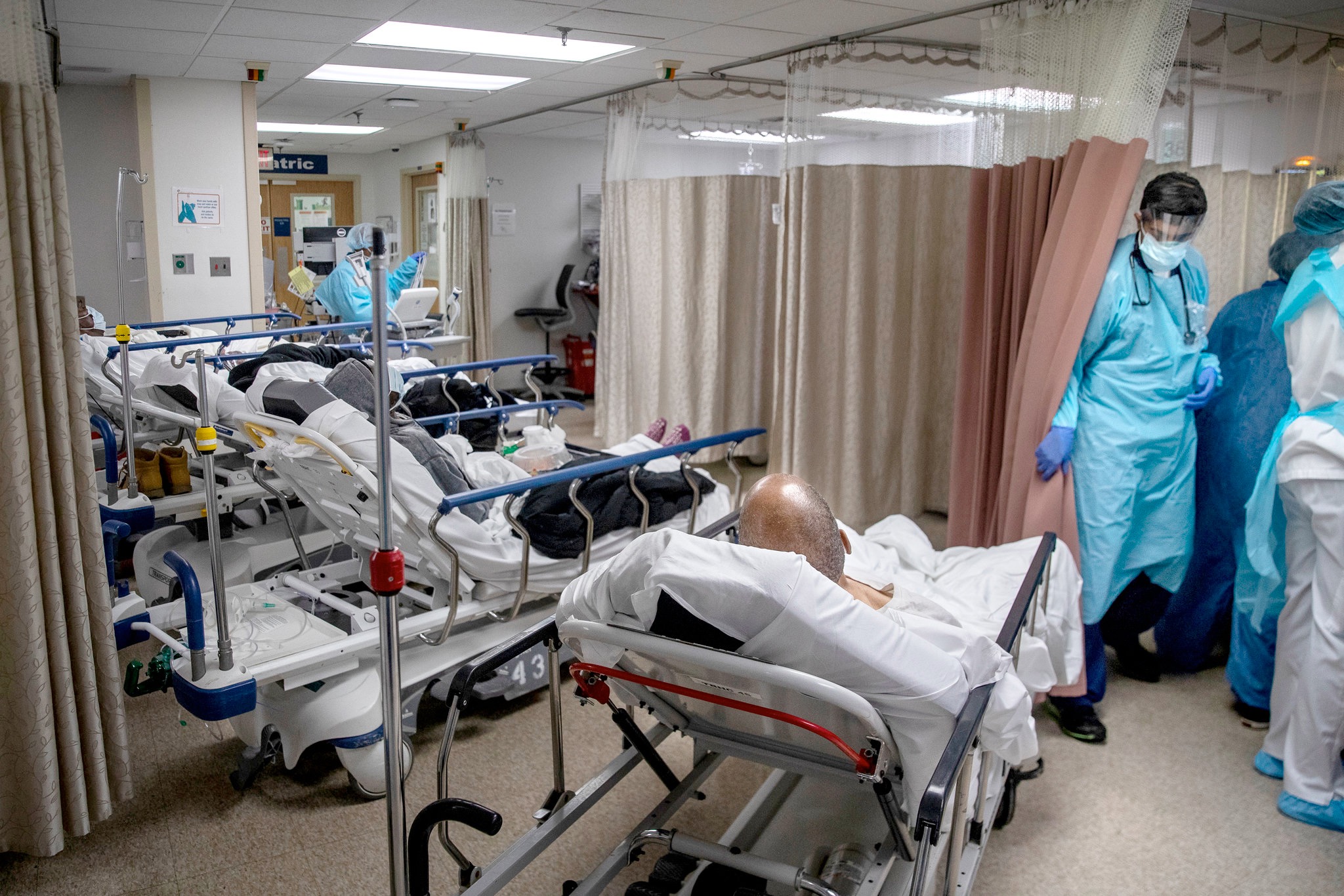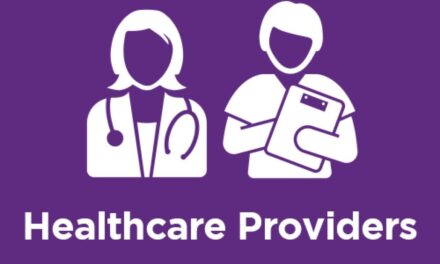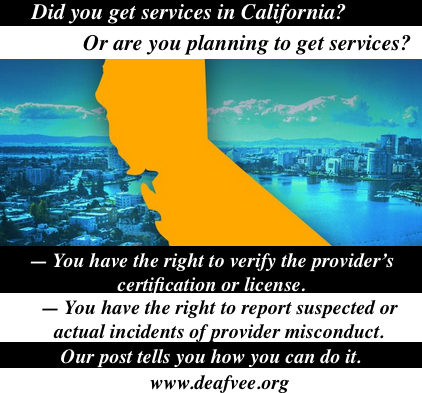Medical discrimination is beginning to happen in the fight against COVID-19. A week ago, on April 9, 2020, BBC announced that a group for persons on the autism spectrum has been told that they need to consider having their individual members sign Do Not Resituate [DNR] forms. While this happened in England, the United States-based disability community wants to ensure it does not happen here. Over 400 agencies and organizations focused on disability rights signed an open letter, which was developed in collaboration, to speak out against such activities.
Addressed to Alex Azar, the HHS Secretary, and Roger Severino, the Director of the Office for Civil Rights, the letter urges the Department of Health and Human Services [HHS] to issue further guidance on the application of anti-discrimination laws. More specifically, the letter argues it is necessary for the HHS to shed some light on the guidelines around the allocation of treatment for COVID-19 patients. The American Association of People with Disabilities [AAPD] asserts that the Crisis Standards of Care Plan across private and public hospitals, of which both agencies have oversight over, “discriminate against people with disabilities and older adults.”
It is important to note that “federal law prohibits states and health care providers from making treatment allocation decisions based on assumptions that an individual’s disability or age will lessen the possibility of survival beyond the short-term or require the use of greater treatment resources” (AAPD Press Release). Disability communities have voiced concerns of the possibility that COVID-19 resources are being withheld intentionally from older adults and persons with disabilities.
The letter pushes for health care providers to practice transparency in the “accurate tracking of the numbers of persons admitted to hospital, the number who receive ICU for COVID-19 treatment, the number who are denied care or transferred to palliative care only, the number who recover, and the number who die, including disaggregated information about these individuals’ racial, ethnic, gender, and disability status, and whether they were receiving life-sustaining care or palliative care only based on rationing at time of death” (Advocate Letter).
And yet, the National Association of the Deaf is nowhere to be found on the list of 400 signatures. It has raised some concerns and eyebrows within the Deaf community. Jason Tozier, a vlogger, pointed out that a sizable proportion of the Deaf communities do not consider themselves disabled and this perspective could be putting their lives at risk.
It has been speculated that the National Association of the Deaf [NAD] and the American Association of the Deaf-Blind [AADB] did not sign the letter, let alone participate in the AAPD-led efforts, due to the said stance that Deaf people are not disabled. The DeafPlus and DeafBlind communities do rely on the NAD’s support in one way or another, and the NAD should be speaking on behalf of all Deaf community members—not just able-bodied Deaf persons.
The community also may want to look into efforts for tracking the number of potential and existing COVID-19 patients with disabilities who have been, and continue to be, denied equitable medical services and treatments. Hospitals and other relevant health care providers, however, still can deny COVID-19 patients with disabilities the appropriate treatment as needed on the basis of their other underlying health issues.
As the NAD bills itself as the “nation’s premier civil rights organization for the Deaf,” the fact that the NAD did not sign this open letter is troubling. Our community needs a unified approach in addressing the dangerous rationing of medical services and products. What’s the plan now?
Deaf Vee Journal is looking into the response of Deaf communities to the medical rationing of treatment for COVID-19 patients with disabilities in Canada and Mexico. If you have more information on this, please contact us.






